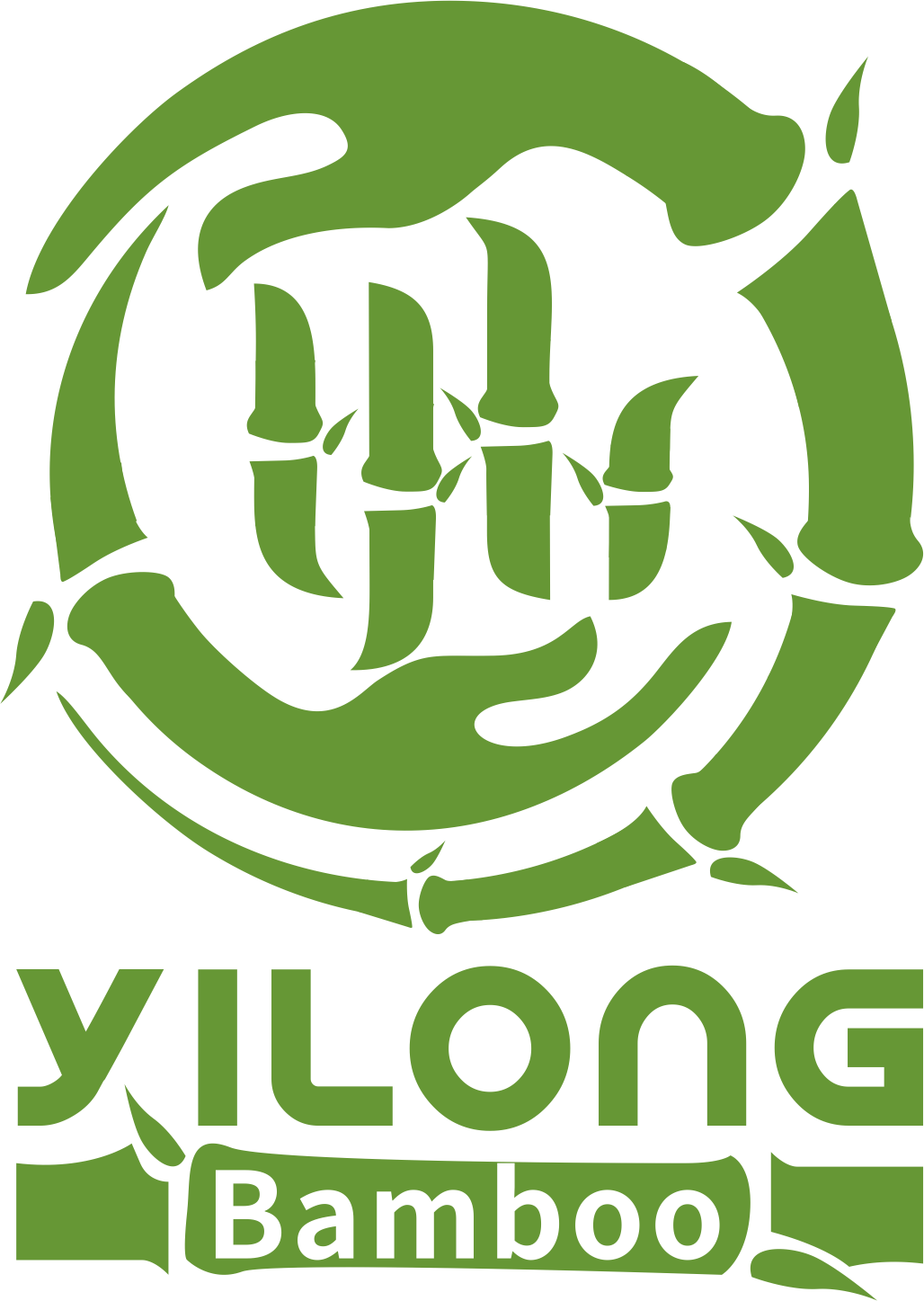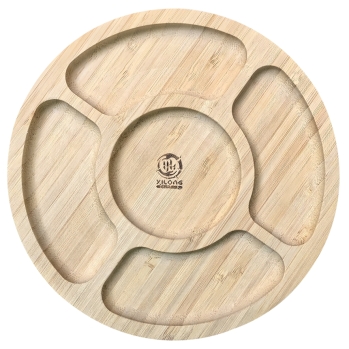Why Are Bamboo Products the Smart Choice for Modern Businesses in 2025?
In today's rapidly evolving marketplace, businesses across the globe are asking themselves a crucial question: what materials can deliver both performance and sustainability without compromising on quality or cost-effectiveness? The answer, increasingly, lies in bamboo products. This versatile material has emerged as a game-changing solution for companies seeking to enhance their environmental credentials while maintaining operational excellence. But what makes bamboo products such an compelling choice for modern enterprises, and how can businesses leverage this opportunity to gain competitive advantages?
The Business Case for Bamboo: More Than Just Environmental Appeal
Modern businesses are discovering that bamboo products offer benefits that extend far beyond environmental considerations. While sustainability remains a driving factor, the practical advantages of bamboo have proven to be equally persuasive for decision-makers across various industries. From cost-effectiveness to performance characteristics, bamboo products are reshaping how companies approach procurement and product development strategies.
The shift toward bamboo isn't just a trend – it's a strategic business decision that smart companies are making to position themselves for long-term success. Leading bamboo manufacturers and suppliers in China have responded to this growing demand by developing sophisticated products that meet international quality standards while delivering exceptional value propositions.
What Makes Bamboo Superior to Traditional Materials?
When comparing bamboo to traditional materials like plastic, wood, or metal, the advantages become immediately apparent. Bamboo grows incredibly rapidly, reaching maturity in just 3-5 years compared to decades for hardwood trees. This rapid growth cycle translates into more sustainable supply chains and greater availability for manufacturers and their B2B customers.
From a performance standpoint, bamboo offers remarkable strength-to-weight ratios that often exceed those of traditional materials. This characteristic makes bamboo products particularly attractive for applications where durability and portability are essential factors. Moreover, bamboo's natural antimicrobial properties provide inherent advantages in hygiene-sensitive applications such as kitchenware and medical equipment.
The cost-effectiveness of bamboo products has also improved dramatically as manufacturing techniques have advanced. Chinese bamboo suppliers have invested heavily in processing technologies that enable competitive pricing while maintaining superior quality standards. This investment has made bamboo products accessible to a broader range of businesses and applications.
How Are Different Industries Embracing Bamboo Solutions?
The hospitality industry has been among the earliest adopters of bamboo products, particularly in furniture and tableware applications. Hotels and restaurants appreciate bamboo's combination of aesthetic appeal, durability, and environmental benefits. These characteristics align perfectly with the hospitality sector's needs for materials that can withstand heavy use while supporting sustainability marketing initiatives.
Technology companies are increasingly incorporating bamboo into their product designs, from phone cases to laptop stands and charging stations. This trend reflects growing consumer demand for eco-friendly technology accessories and demonstrates bamboo's versatility in modern applications. Forward-thinking electronics manufacturers are partnering with reliable bamboo suppliers to develop innovative products that appeal to environmentally conscious consumers.
The pet care industry represents another exciting growth area for bamboo products. Pet owners are actively seeking sustainable alternatives for their furry companions, and bamboo delivers on both environmental and safety considerations. From feeding bowls to toys and furniture, bamboo pet products offer durability and safety characteristics that appeal to quality-conscious pet owners.
What Should Businesses Look for in Bamboo Suppliers?
Selecting the right bamboo manufacturer is crucial for businesses seeking to incorporate bamboo products into their operations or product lines. Key factors to consider include manufacturing capabilities, quality certifications, and export experience. Successful partnerships typically involve suppliers who can provide comprehensive support from product development through logistics and after-sales service.
Quality consistency represents perhaps the most critical factor in supplier selection. Leading Chinese bamboo manufacturers have implemented sophisticated quality control systems that ensure consistent product characteristics across large production runs. This consistency is essential for businesses that require reliable supply chains and predictable product performance.
Manufacturing capacity and flexibility are equally important considerations. The best bamboo suppliers can accommodate both small orders for testing purposes and large-scale production runs for established products. This scalability enables businesses to grow their bamboo product offerings without needing to change suppliers as volumes increase.
How Do Bamboo Products Perform in Real-World Applications?
Real-world performance data demonstrates bamboo's suitability for demanding commercial applications. In restaurant environments, bamboo kitchenware and tableware have shown exceptional durability while maintaining aesthetic appeal even under intensive daily use. The natural antimicrobial properties of bamboo provide additional benefits in food service applications where hygiene is paramount.
Office environments have also embraced bamboo furniture and accessories, with many companies reporting positive feedback from employees regarding both comfort and environmental impact. The lightweight nature of bamboo products makes office reconfiguration easier while the material's natural beauty enhances workplace aesthetics.
Retail applications have demonstrated bamboo's appeal to end consumers, with many products achieving premium pricing despite competitive cost structures. This pricing dynamic creates attractive margin opportunities for retailers while providing value for consumers who prioritize sustainability and quality.
What Are the Economic Benefits of Choosing Bamboo Products?
The economic advantages of bamboo products extend beyond initial purchase costs to include lifecycle benefits that smart businesses are beginning to recognize. Bamboo's durability characteristics often result in longer replacement cycles compared to alternative materials, reducing total cost of ownership over time.
Processing and shipping advantages also contribute to bamboo's economic appeal. The material's lightweight nature reduces transportation costs, while its strength characteristics minimize damage during shipping and handling. These factors are particularly important for international businesses that need to manage logistics costs effectively.
Market positioning benefits represent another significant economic consideration. Businesses that incorporate bamboo products can enhance their brand image and appeal to environmentally conscious consumers without sacrificing performance or functionality. This positioning advantage can translate into premium pricing opportunities and increased customer loyalty.
How Can Businesses Ensure Quality When Sourcing Bamboo Products?
Quality assurance in bamboo product sourcing requires understanding both material characteristics and manufacturing processes. Reputable bamboo manufacturers typically maintain comprehensive testing protocols that verify product performance across multiple criteria including strength, durability, and safety standards.
Certification systems provide valuable guidance for businesses seeking quality assurance. Look for suppliers who maintain relevant certifications for food safety, environmental standards, and export compliance. These certifications represent genuine commitments to quality that protect both suppliers and their customers.
Sample evaluation processes are essential for businesses considering bamboo products. Quality suppliers welcome sample requests and provide detailed specifications that enable informed decision-making. This evaluation process should include both technical testing and aesthetic assessment to ensure products meet all requirements.
What Innovation Trends Are Shaping the Bamboo Industry?
Manufacturing innovation continues to expand bamboo's application possibilities. Advanced processing techniques now enable the production of bamboo panels and composites that rival traditional materials in strength and versatility. These developments are opening new market opportunities and applications that were previously impossible.
Surface treatment innovations, including UV coating technologies, have dramatically enhanced bamboo product performance and aesthetics. These treatments provide superior durability and appearance characteristics while maintaining bamboo's environmental advantages. Leading manufacturers like Fujian Yilong have invested in these advanced technologies to serve demanding international markets.
Design innovation has also played a crucial role in bamboo's growing acceptance. Contemporary bamboo products demonstrate sophisticated aesthetics that appeal to modern consumers while maintaining the material's natural beauty. This design evolution has helped bamboo products gain acceptance in premium market segments.
How Do Bamboo Products Support Corporate Sustainability Goals?
Corporate sustainability initiatives increasingly recognize bamboo as a key material for achieving environmental objectives. Bamboo's rapid growth cycle and carbon sequestration characteristics make it particularly attractive for companies seeking to reduce their environmental footprint. Unlike traditional materials that may require decades to regenerate, bamboo can be harvested sustainably on short cycles.
Life cycle assessments consistently show favorable results for bamboo products compared to alternative materials. From raw material production through end-of-life disposal, bamboo typically demonstrates lower environmental impact across multiple metrics. This performance supports companies in achieving sustainability targets while maintaining operational effectiveness.
Supply chain sustainability represents another important consideration. Bamboo cultivation requires minimal pesticides or fertilizers compared to many alternative crops, reducing environmental impact throughout the supply chain. This characteristic appeals to companies seeking to ensure sustainability extends throughout their supplier networks.
What Does the Future Hold for Bamboo Products in Business?
Market projections for bamboo products remain strongly positive, with continued growth expected across multiple sectors and geographic regions. This growth is driven by increasing environmental awareness, improving product quality, and expanding application possibilities. Businesses that establish bamboo supply relationships now are positioning themselves advantageously for future opportunities.
Technological developments promise to further enhance bamboo's appeal and expand its applications. Ongoing research into bamboo composites and processing techniques will likely yield products with even better performance characteristics. These developments will enable bamboo to compete in applications where it was previously unsuitable.
Regulatory trends also support bamboo adoption, with many jurisdictions implementing policies that favor sustainable materials. These regulatory changes create both opportunities and requirements for businesses to consider alternatives to traditional materials. Companies that proactively embrace bamboo products will be better positioned to adapt to evolving regulatory environments.
The Strategic Advantage of Bamboo Products
The question isn't whether bamboo products represent a smart choice for modern businesses – the evidence overwhelmingly supports their adoption across multiple applications and industries. From cost-effectiveness and performance characteristics to sustainability benefits and market positioning advantages, bamboo products offer compelling value propositions that forward-thinking companies are already leveraging.
Success in implementing bamboo products requires partnering with experienced manufacturers and suppliers who understand both the material's capabilities and international market requirements. Companies like Fujian Yilong, with their advanced manufacturing capabilities and comprehensive product offerings, represent the type of partners that can support successful bamboo product initiatives.







